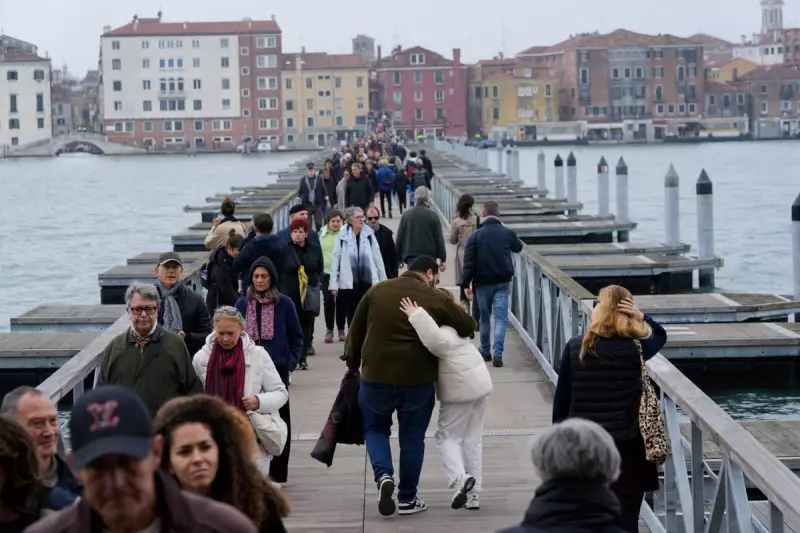
In a significant reversal of cultural policy, Venice has taken the decisive step to remove American poet Ezra Pound's name from a public courtyard, reigniting debates about how societies should memorialise controversial historical figures.
The Giudecca island courtyard, which had borne Pound's name for decades, will now be known simply as 'Corte Sabbionera' following a unanimous vote by local councillors. The move represents a clear break from Venice's previous stance on the Nobel Prize-nominated poet, who lived in the city during his later years.
The Shadow of Fascism
Pound's legacy remains deeply stained by his active support for Benito Mussolini's fascist regime during World War II. The American expatriate produced hundreds of hours of propaganda broadcasts for Fascist Italy, during which he frequently expressed virulently antisemitic views and praised Adolf Hitler.
Mayor Luigi Brugnaro defended the decision, stating the move aligns with contemporary values and sends a clear message against ideologies that conflict with democratic principles. "Some choices from the past are no longer acceptable today," the mayor's office declared.
A Complex Cultural Legacy
Despite his political affiliations, Pound remains a towering figure in modernist literature, credited with revolutionizing poetry through works like "The Cantos." His influence extended to mentoring other literary giants including T.S. Eliot and Ernest Hemingway.
After the war, Pound faced treason charges in the United States but was instead confined to a psychiatric hospital for 12 years before returning to Italy, where he lived until his death in 1972.
Broader Implications
This decision places Venice at the centre of the ongoing international debate about how to handle monuments and memorials connected to problematic historical figures. The city joins numerous other communities worldwide grappling with how to reconcile artistic achievement with morally questionable political stances.
The name removal signals a shifting cultural consensus in Italy regarding the commemoration of figures associated with the fascist era, even those with significant artistic contributions.





